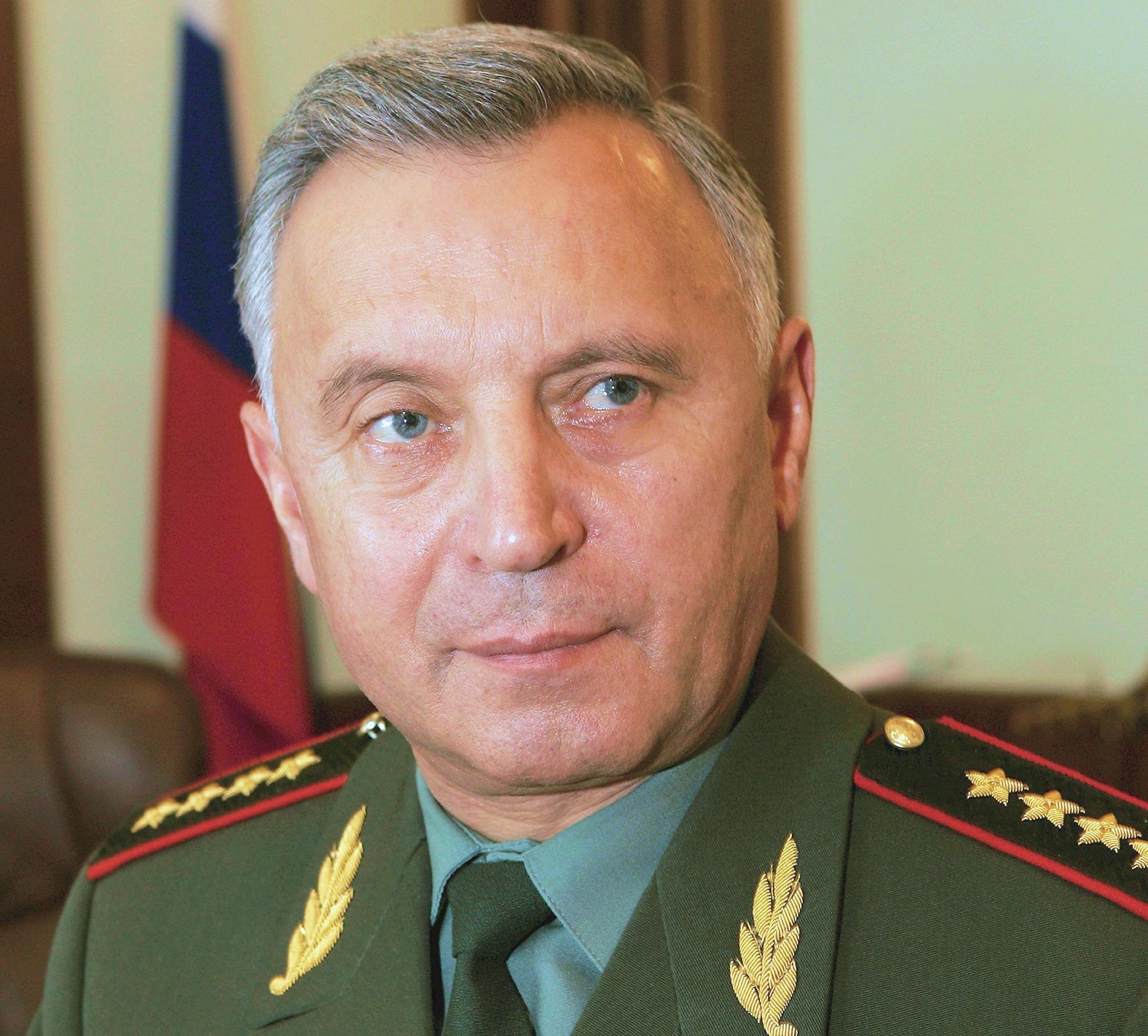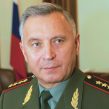
Russian Military Weakness Increases Importance of Strategic Nuclear Forces
Publication: Eurasia Daily Monitor Volume: 6 Issue: 112
By:

On June 5 the Russian Chief of the General Staff and First Deputy Defense Minister Army-General Nikolai Makarov gave an important press conference. Makarov began with a two hour statement on military reform, followed by a slide show involving almost 30 slides, dazzling journalists with a deluge of facts and figures. Russia’s radical military reform agenda has recently provoked growing criticism. Last month a meeting of top-brass retired generals expressed disappointment over not being consulted or informed about the reform plans. Former Interior Minister Colonel-General (retired) Anatoly Kulikov announced that the reform plans were not well thought out, and are being implemented too rapidly -which threatens Russia’s "territorial integrity and sovereignty" (Nezavisimaya Gazeta, May 25).
A working group, formed by the Duma defense committee and headed by its deputy chairman from the ruling United Russia party Mikhail Babich, also produced a damning report. Babich told journalists that the planned dismissal of 323,000 officers and praporshiki (warrant officers) must be postponed, and the transformation of army divisions into brigades must stop. According to Babich, the reforms can only proceed after the appropriate legislation is introduced and approved by parliament (Vedomosti, June 1).
Makarov angrily dismissed such criticism during his press conference, claiming that top brass retirees did nothing while they were in charge, which had plunged the military into a catastrophic crisis. According to Makarov, there is no time left for "experiments." The Russian military must be reformed immediately and radically, before it totally disintegrates. Makarov pointed out, "our military theory is outdated," since the 1980’s Western militaries have been transformed to fight the wars of the future, while the Russian armed forces hibernated. Makarov explained that Russia’s outdated military is inferior to its Western counterparts in terms of equipment, training and organization.
In Makarov’s opinion, the arsenals are full of aging heavy weapons that have not been properly maintained or repaired for many years, and are consequently mostly obsolete. The Air Force, for instance, has fewer flight-worthy aircraft and more badly trained pilots -rather than procuring modern platforms in sufficient numbers. Makarov said that air force pilots compete for the few aircraft remaining, and are incapable of conducting real combat operations: "They can run bombing missions only in daytime with the sun shining, but they miss their targets anyway" (Interfax, June 5).
Makarov expressed considerable contempt for the rank and file officers and praporshiki: "no-one wants to do anything – our officers have become degraded." Makarov believes that "unready officers" must be fired – "we do not need them." Moreover, Makarov asserted that since the military reforms of Field Marshal Dmirty Milutin in the nineteenth century, which created a mobilization force instead of a regular standing army, "nothing has changed in our military for 200 years." A slide produced by Makarov displayed an image of Russia surrounded on all sides by "threats" that included not only the United States and its allies, but also China. Makarov said, "We will not cut the strategic nuclear rocket forces – today they are our only real defense, while we need at least three years to reform" (ITAR-TASS, June 5). Russia plans to reform and modernize under the nuclear umbrella, while its conventional armed forces remain extremely weak.
Makarov acknowledged that rearming the military with modern weapons will take several years, whereas the organizational reforms can be carried out now. By June 1, the first half of the reorganizations of the MoD will be complete. By December 1, the overall organizational reform must be finished: all units that are left in the army will be fully ready for immediate action ("in one hour" – repeated Makarov). Units will be expanded to full wartime personnel levels – with no place left for reservists. According to Makarov, as the reforms are pushed ahead, the remaining reserve component will be comparable in size with the regular military. Most of the reservists, however, will be civilian professionals such as drivers and doctors (Interfax, June 5).
In the recent wars in the Caucasus, the Russian military actively used separate tactical battalion groups, reinforced by artillery and other heavy equipment. It transpired that an army division could at best field no more than three such battalion groups, since it lacked sufficient reinforcements or support to deploy more. Regular battalion commanders in many cases lacked command experience, and coordinated different units within a heavy separate tactical battalion group, consequently colonels or generals had to take over direct command. Makarov has reported that divisions are being disbanded, with new "heavy brigades" formed to replace them -already comprised of several reinforced tactical battalion groups (ITAR-TASS, June 5).
Military reform in Russia has been long overdue and often harshly or sporadically introduced. Hundreds of thousands of officers will now be discharged. Makarov stressed that all will receive due payouts and allowances; while those who are allowed to stay in the military will see their pay increase threefold.
Nonetheless, there is massive discontent and opposition to the radical change from a mass mobilization force built to fight a global war with the U.S., transferring to a smaller and more capable standing army, designed to fight local wars in the Caucasus or other territories on the periphery of Russia. To quell any possible open military discontent, the elite airborne corps has been protected from any further cuts and declared as an example of the new army. A sergeant’s academy to prepare NCO’s for all the services is being created in Ryazan at the Airborne Academy: "to teach the rest the virtues of the airborne forces," stated Makarov (ITAR-TASS, June 5).
The Chechen campaign veteran accused by human rights organizations of war crimes, Lieutenant-General Vladimir Shamanov has been appointed commander of the airborne forces (EDM, June 2). Under his command, Russian paratroopers are capable of suppressing any discontent, if it emerges. Radical military reform is rapidly advancing -and it appears that it might indeed succeed.




